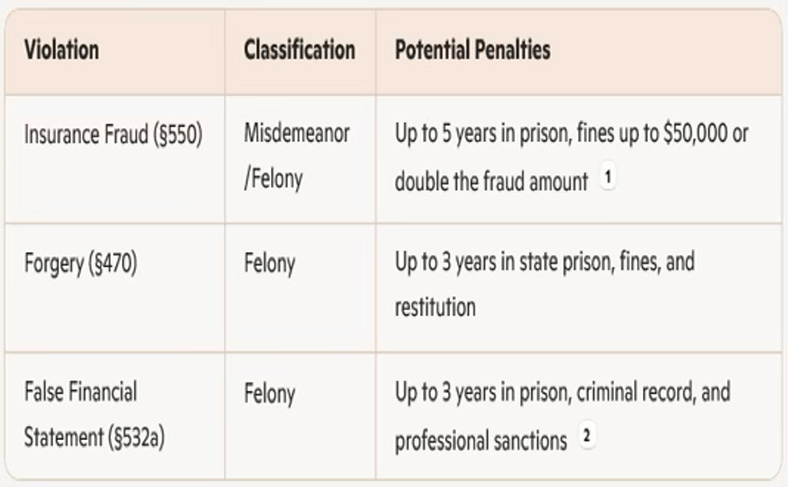Dangerous Shortcuts
Click here for a short video about this month's issue
Imagine this scenario…An advisor meets with a client and completes a new annuity application, which is 47 pages in total. There are 83 items of information entered into the forms, and 8 different places for the client to sign and date. The agent submits the application, and the carrier discovers there is a question that was left blank on one form, and a required signature and date were left blank on another. So, the advisor e-mails those two pages to the client to have them…
- Fill in the answer that was left blank.
- Write their initials next to the new answer.
- Write the date next to their initials.
- Sign on the empty signature line on the other form and write in the date.
The client emails the forms back, and the agent discovers there are still problems…
- The client answered the question and wrote in the date but forgot to initial the change.
- The signature was written in, but they didn’t write in the date.
The advisor doesn’t want to have to mess with having to e-mail the forms back to the client again, so the advisor writes in the client’s initials and the missing date. Then sends the updated forms to the carrier.
The agent has just broken multiple laws.
Since regulations and laws vary by state, we will pretend this situation happened in California. Here is a breakdown of the crimes and penalties…
Potential Crimes Committed
• Insurance Fraud (California Penal Code §550)
Knowingly submitting false information on an insurance application—even something as seemingly minor as a forged initial or date—can be prosecuted as insurance fraud.
• Forgery (California Penal Code §470)
Especially if the document is used to influence a financial transaction or legal agreement.
• Making False Financial Statements (California Penal Code §532a(1))
This statute prohibits knowingly making false written statements to obtain money, credit, or contractual benefits.
Penalties That May Apply
Depending on the severity and intent, the advisor could face losing their license, and civil penalties up to $10,000 per violation. If prosecuted, it could be much worse…

If you ever question whether something is okay to do, or not—give us a call.
We’re happy to help: 800-200-9194.
info@twhagency.com
~ Greg Skogsberg
Click here for a short video about this month's issue



